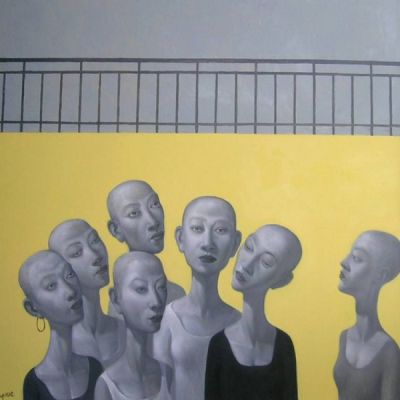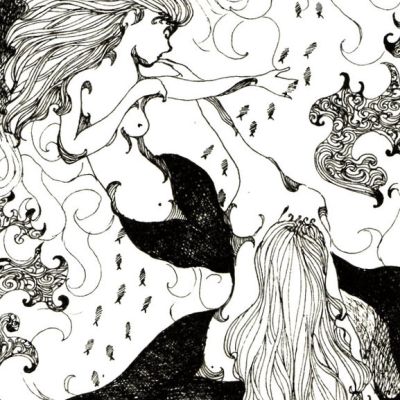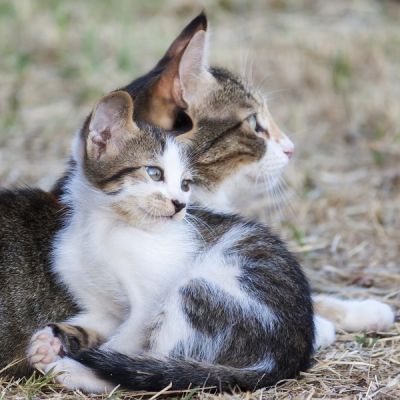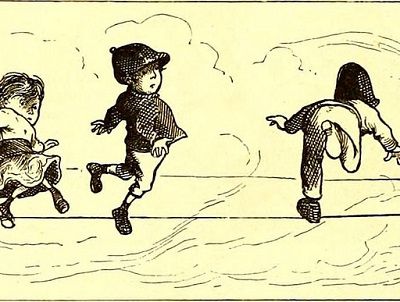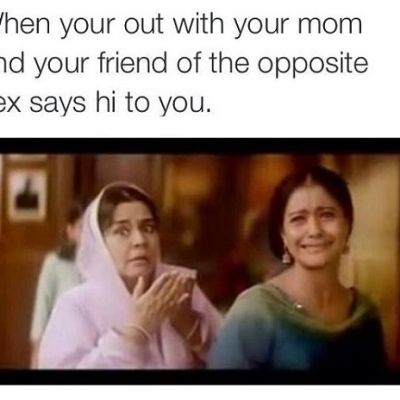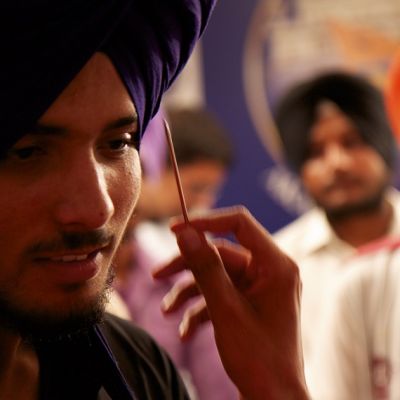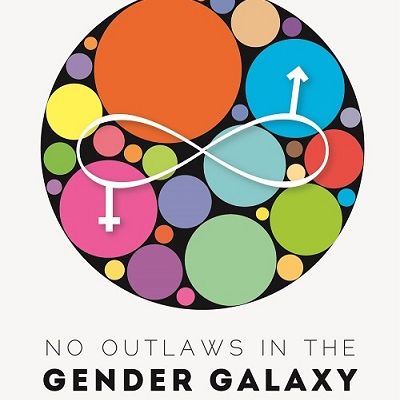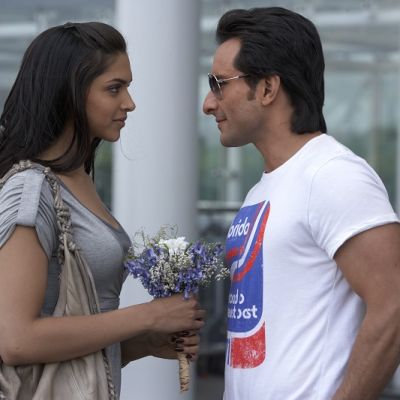Voices
People’s movements and sexuality. There is dissonance in this. Hugging trees, protesting dams, Swadeshi and boycott, anti-apartheid, anti-psychiatry, anti-war, child rights, flags, banners and marches. What does hugging a tree have to do with sexuality? Women’s rights, gay pride, these movements are people’s movements quite regularly seen in the frame and context of sexuality. But the others?
Even in these times when sexuality is talked about more than ever before, even as we are beginning to talk about sexual pleasure and not just violations, acknowledging our fantasies isn’t easy, particularly if they are of the kind that seem to defy our politics.
Eudaimonia, ever the kind soul, made every effort to befriend her cousins who initially treated her as a pest. Maybe it was out of spite for the love Eudaimonia received from the elders in the house and that too which she often left in her wake, but before long her cousins turned their attention to her in ways so cruel, the light in Eudaimonia’s eyes began to wane and it would be a very long time before it shone through them again.
The general attitude towards sexual fantasy, and the reflection of such fantasies in popular imagery, erotica and erotic porn is constructed on assumptions of ableism. There are other fantasies though, that reflect or are born of the sexuality of their creators and consumers, persons who do not fit into the accepted age, body or sexual identity.
There is something incommensurable about the phrase ‘queering mothering’ – the two words put together, ‘queer’ and ‘mother’. We think of motherhood as a relationship between a ‘woman’ (the biological mother) and her child. Nevertheless, there are a number of people who form bonds with a growing child.
My parents have been accepting of different types of sexualities, but what scares me is that I don’t know how accepting they’d be if one day my brother or I told them we were interested in people of the same gender, or even more taboo: that we were having difficulty identifying with the gender we were raised as.
How have we reached a point where non-consensual behaviours in romantic and sexual relationships are criminalised, but parental domination is still legitimised, or trivialised in the name of “Oh, but I know my parent is a good person and wants what is best for me”?
Looking for birthday gifts for nieces and nephews in a favourite, well-curated bookshop in Delhi, we were dismayed that we couldn’t find any books that told the kinds of stories that we would like for kids today to read and hear.
When working with parents on child sexual abuse prevention, I often get asked the question, “How old should my kids be before I talk to them about sexual abuse?” My usual response is, “How old do kids need to be before they can be sexually abused?”
As a society, in our platforms of exchange of goods, products and services, how are we approaching parenting, children or sexuality? Stores are clearly catering to the constructed parent and child. There’s lots of toys, clothes, diapers, bedsheets and cute dangling, fluffy things to cluck at in stores catering to parent and child as a combination thali (platter). The day I see personal and sexual hygiene products in a store catering to mom and a teenaged me, I will kick up my heels and bray.
If the turban-tying ceremony represents the official rite of passage from Punjabi/Sikh boyhood into Punjabi/Sikh manhood, the practice of cutting unshorn hair upon arriving in Chandigarh signifies yet another (albeit unofficial) rite of passage from Punjabi/Sikh manhood into migrant manhood.
The book explores how gender plays out in public and private institutions like family, educational institutions, work and public spaces. It illustrates the multiplicity of ways in which people live gender and testifies that even if there are gender laws, in a just world there can be no gender outlaw.
Watch some popular Bollywood music videos about separated lovers across the decades.
While Islam was loudly decried a religion of molesters, the European far right – not exactly known for their commitment to gender equality and women’s rights – now appoint themselves the protectors of ‘their’ (i.e. European white) women against an ‘onslaught of Muslim rapists’.
The migrant has come to represent threat on many fronts, with sexuality and sexual behaviours storming the front of fronts. This is because sexuality is in itself so threatening to so many; as a word, as a concept, it is untidy, unknown, uncontainable, like that alien substance bubbling out of its pod in the film ‘Prometheus’. Or ‘Alien’.

